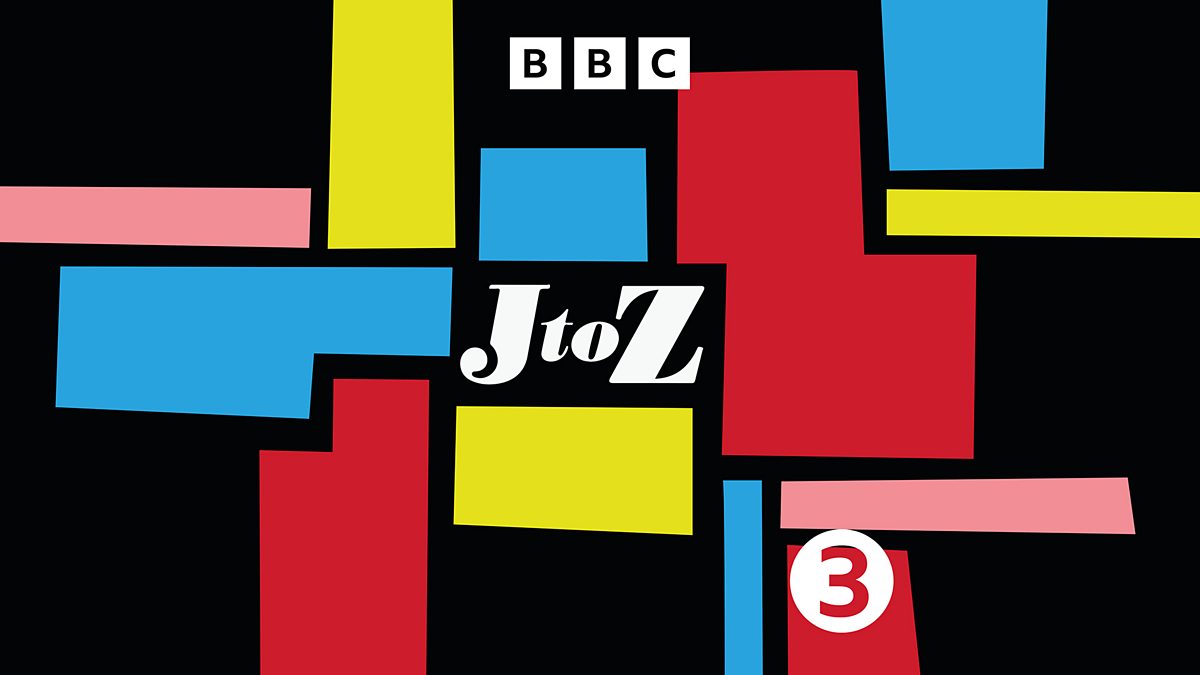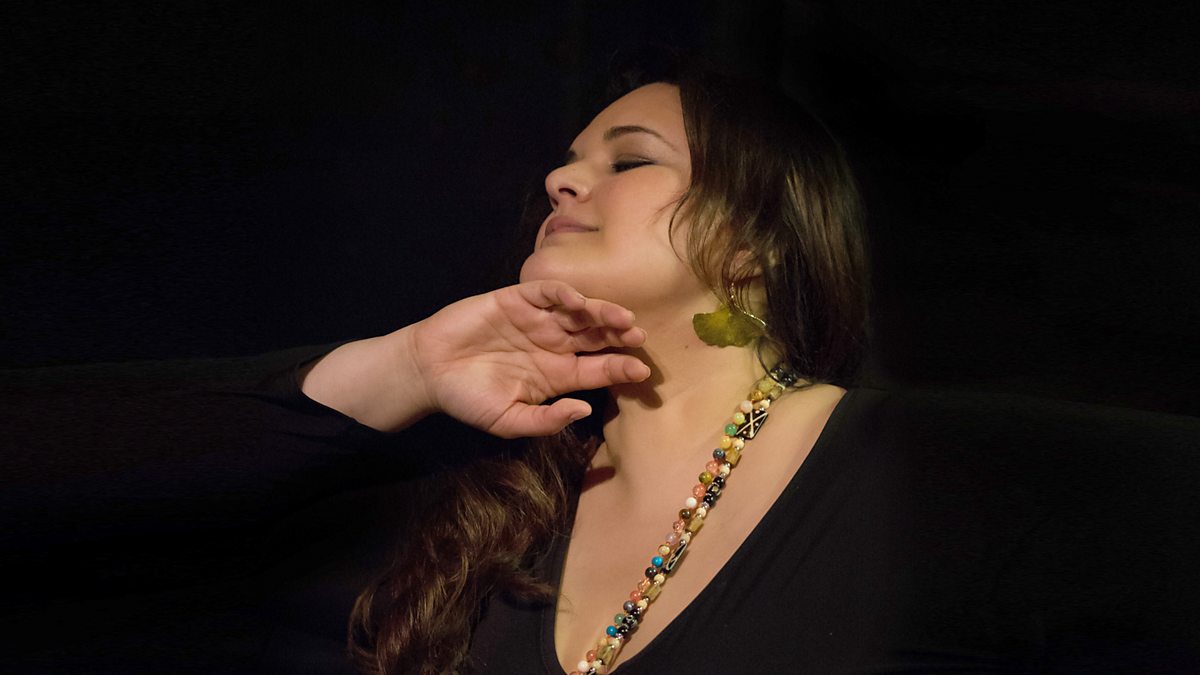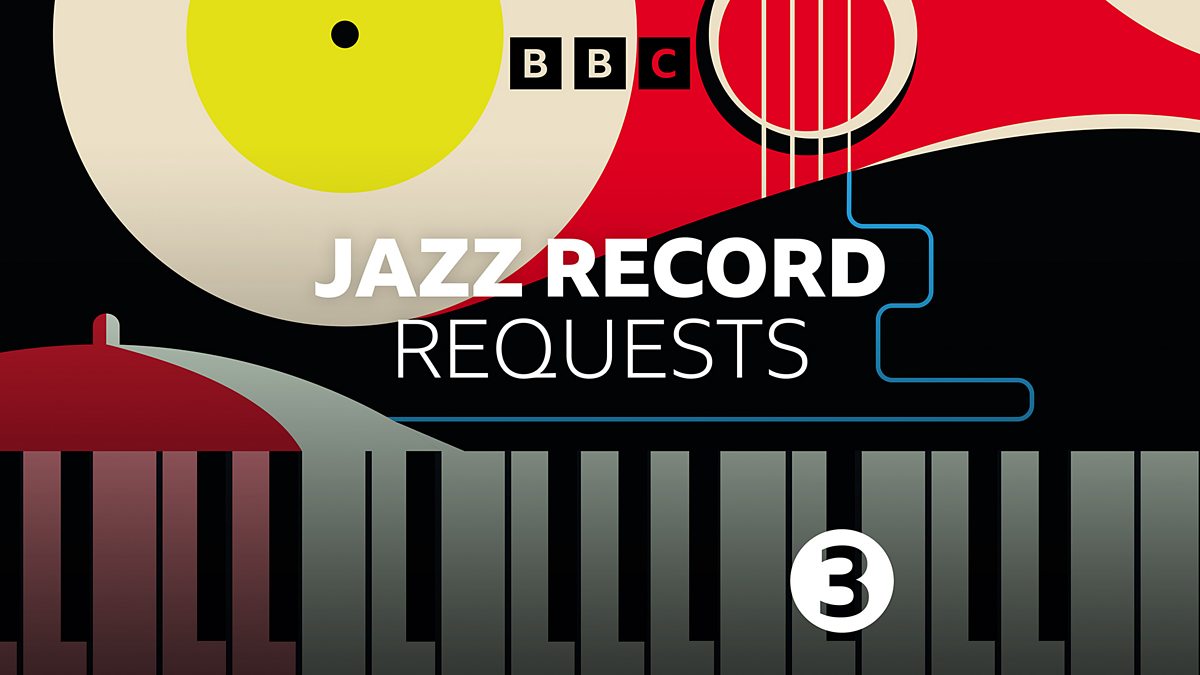Sat 3 April
5pm - J to Z
As Radio 3 marks the 50th anniversary of Igor Stravinsky's death, Julian Joseph explores the relationship between the Russian-born composer and jazz, including his influence on bebop [???] and the special place of The Rite of Spring among jazz musicians. American pianist Jason Moran shares some of the music that inspires him, including the Thelonious Monk recording that made him devote his life to jazz. Plus a feature by US pianist Geri Allen (1957-2017) epitomising the search for freedom.
12midnight - Freeness
Corey Mwamba presents an exclusive piece from London-based vocalist and composer Alya Al-Sultani, who puts the words of Iraqi feminist poet Nazil Al-Malaiki to music. Plus a lo-fi groove by British musician Steve Beresford and electrocoustic improvisation by Lynn Cassiers and Alexandra Grimal.
Easter Day
Jazz Record Requests
Alyn Shipton with listeners' requests, from, Lena Horne to trombonist Annie Whithehead, from 1960s Herbie Hancock to the drumming styles of Shelly Manne and New Orleans pioneer Baby Dodds.
5pm - J to Z
As Radio 3 marks the 50th anniversary of Igor Stravinsky's death, Julian Joseph explores the relationship between the Russian-born composer and jazz, including his influence on bebop [???] and the special place of The Rite of Spring among jazz musicians. American pianist Jason Moran shares some of the music that inspires him, including the Thelonious Monk recording that made him devote his life to jazz. Plus a feature by US pianist Geri Allen (1957-2017) epitomising the search for freedom.
12midnight - Freeness
Corey Mwamba presents an exclusive piece from London-based vocalist and composer Alya Al-Sultani, who puts the words of Iraqi feminist poet Nazil Al-Malaiki to music. Plus a lo-fi groove by British musician Steve Beresford and electrocoustic improvisation by Lynn Cassiers and Alexandra Grimal.
Easter Day
Jazz Record Requests
Alyn Shipton with listeners' requests, from, Lena Horne to trombonist Annie Whithehead, from 1960s Herbie Hancock to the drumming styles of Shelly Manne and New Orleans pioneer Baby Dodds.




 Another example of the effect of climate change?
Another example of the effect of climate change?
Comment